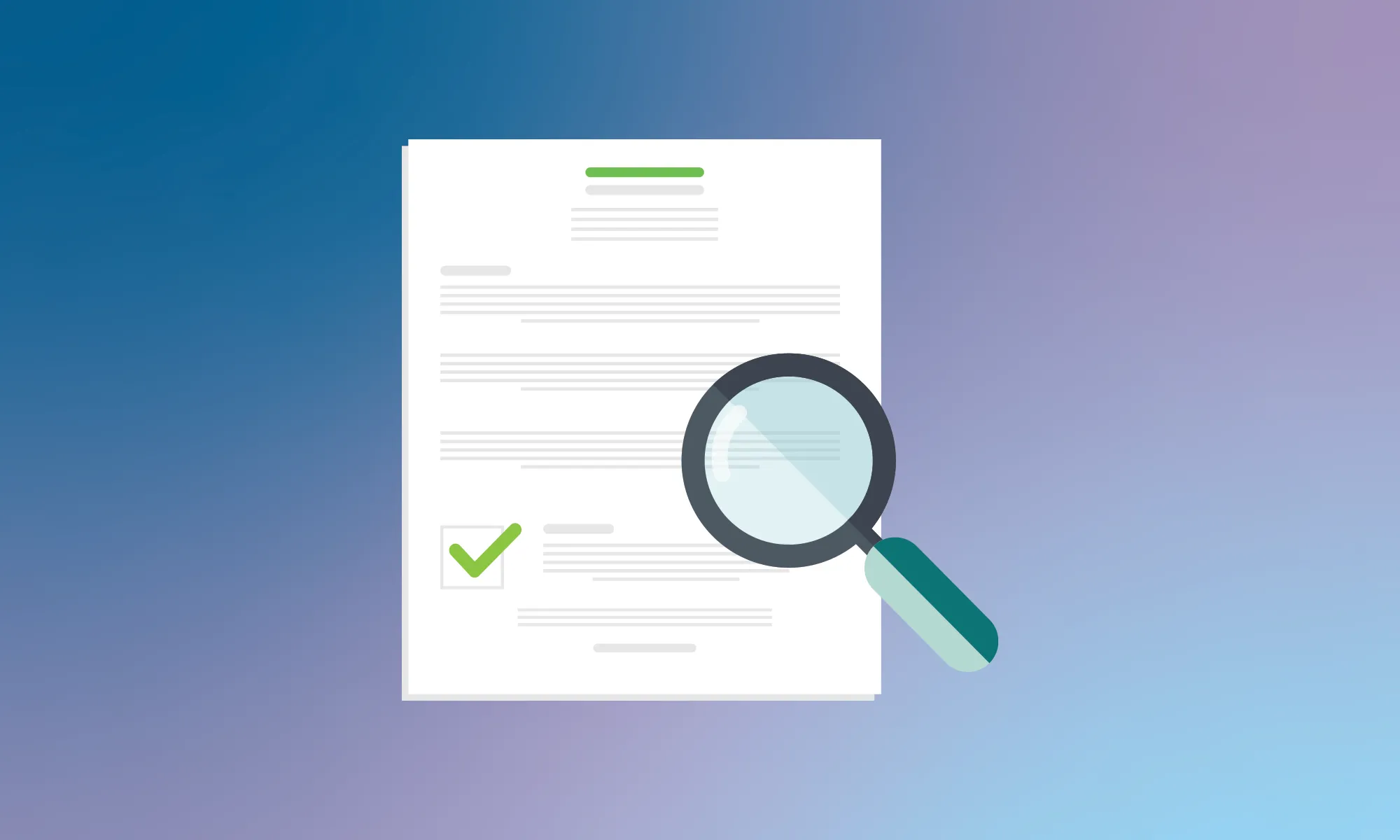The Vietnamese government has introduced changes to e-commerce regulations to enhance tax compliance and streamline invoicing for online transactions. These changes empower e-commerce platforms to issue electronic invoices on behalf of sellers and require platforms to deduct, declare, and pay taxes for their sellers.
Timeline
The new requirements went live on January 1, 2025.
Impact
- Context: The Prime Minister has directed the Ministry of Finance to amend Decree 123/2020 and implement changes to the Law on Tax Administration. These adjustments aim to improve oversight of e-commerce activities and address challenges like counterfeit goods, intellectual property violations, and tax evasion.
- Details: Sellers are now allowed to authorize e-commerce platforms to issue electronic invoices on their behalf. Starting January 1, 2025, domestic and foreign platforms must deduct, declare, and pay taxes for sellers. Sellers not eligible for deduction must register and handle tax declarations directly.
These changes will significantly impact e-commerce platforms by increasing their responsibilities for tax compliance. Businesses using these platforms and, where relevant, the platforms themselves must adapt to ensure proper invoicing and tax deductions.
FAQs: Understanding Vietnam's New e-Invoicing and Tax Regulations for E-Commerce Platforms
Are sellers required to issue invoices for e-commerce platform sales?
Yes, sellers must issue electronic invoices for all e-commerce platform transactions under current regulations. However, with upcoming amendments to Decree 123/2020, sellers will be able to authorize e-commerce platforms to issue invoices on their behalf. This change aims to improve tax compliance and transaction legitimacy.
When should electronic invoices be issued for e-commerce sales?
Electronic invoices should be issued at the point of sale or service completion. For e-commerce transactions, this typically means when payment is confirmed or when goods/services are delivered to the buyer.
How can businesses handle daily invoice issuance for e-commerce sales?
Businesses may issue a single consolidated electronic invoice for their daily transactions. All transaction details must remain traceable for compliance purposes. E-commerce platforms or e-invoicing providers typically offer tools to simplify this process.
What penalties apply for non-compliance with invoicing regulations?
Failure to comply with invoicing regulations can lead to:
- Administrative fines
- Additional tax assessments for unreported income
- Damage to business reputation from perceived tax evasion
- Legal consequences, particularly for serious or repeated violations
















